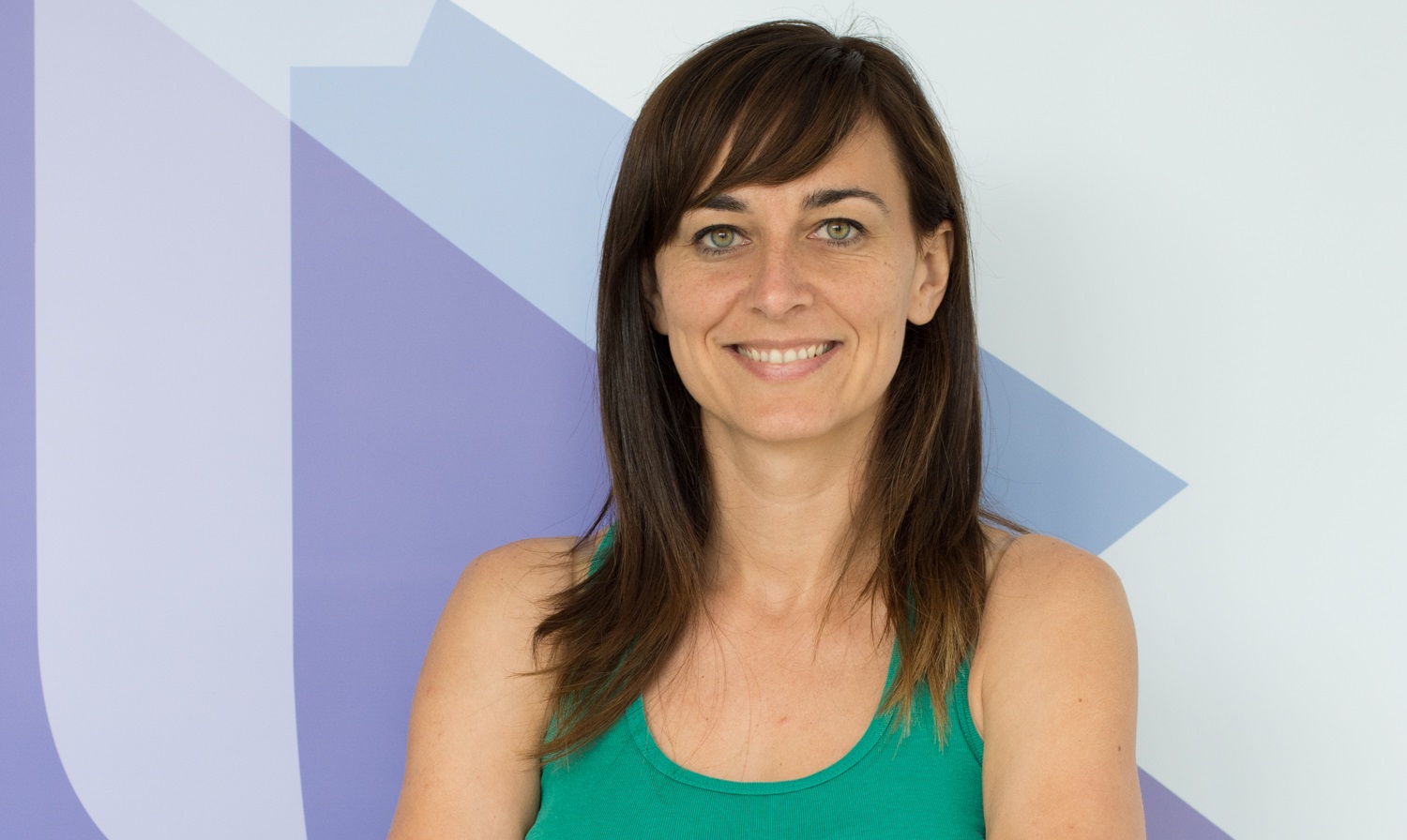
Meet the experts: Noemi Boqué Terré talks nutrition
PhD. Noemi Boqué Terré is nutritionist and a researcher at the Eurecat’s Nutrition and Health Unit. She is the expert appointed by NESTORE partners to provide technologists with advices related to the development of coaching pathways in relation to foods, nutrition and health. She answers our questions.
As an expert, what is your role in the NESTORE project?
Nutrition is a fundamental pillar to achieve a healthy ageing and that is why it is a domain covered in NESTORE. As a nutritionist and a researcher, my role is to provide the scientific bases underpinning the development of the personalized coaching system, meaning the definition of the variables that needs to be monitored, as well as the nutritional requirements and recommendations for older adults, the guidelines for the nutritional coaching, etc. I also work in the design of the pilot studies, especially in relation to dietary and nutritional assessment of the volunteers.
What would be the main benefits of using NESTORE?
I think that one of the main advantages of NESTORE is that it is designed on the basis of a multidisciplinary coaching system. NESTORE users will benefit from a holistic view of healthy ageing, that could definitively not only lead to an improvement of their dietary habits or their physical activity behavior but also to a whole physical and mental enhancement, helping to preserve their health and well-being as they age.
How do you think digital technologies will change the practice of healthcare professionals in your field of expertise?
I am absolutely convinced that digital technologies will facilitate and improve nutritionist’s work in different areas. In fact, digital technologies have been already introduced in nutritionist offices, in a way that assist body composition analyses or calculation of diet nutrient content.
Many tasks could be improved with the support of technology in the nutrition field, especially those related to dietary assessment, since nowadays relies on manually recorded food diaries and questionnaires associated to a number of limitations such as memory bias or patient burden.
Digital technologies are intended to support nutritionists in their different activities, but of course not to substitute the role of the health professional. Moreover, personalized and precision nutrition is for sure a real future, and digital technologies will have a key role on their development.


